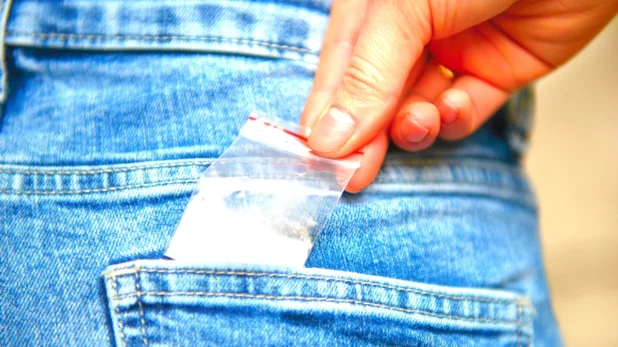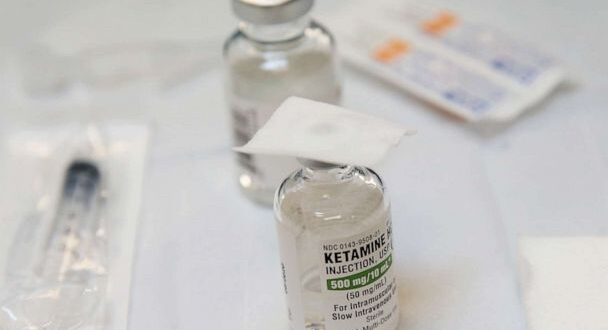Ketamine, a medication that has been primarily used as an anesthetic, has shown promising results in the treatment of alcohol addiction. It is being used by medical professionals as an alternative treatment to traditional methods, such as behavioral therapy and medications like disulfiram and naltrexone.
Ketamine itself is a dissociative anesthetic drug that has been in use for over 50 years. It was initially used for surgical procedures but has since found its way into the treatment of depression, anxiety, and post-traumatic stress disorder (PTSD). Recent studies have also shown that it can be used to help curb alcohol addiction, with a £2.4 million trial being given the go-ahead in the UK.
The use of ketamine in treating alcohol addiction is still in its early stages, and research is ongoing. However, initial studies have shown that ketamine can significantly reduce alcohol cravings, and withdrawal symptoms and reduce the risk of relapse.
The reason for this is that ketamine works by altering the brain’s reward system, which is responsible for feelings of pleasure and motivation. When someone drinks alcohol, the brain releases dopamine, a neurotransmitter responsible for these feelings. Over time, the brain becomes reliant on this dopamine release and needs alcohol to continue producing it. This cycle of dependence on alcohol leads to addiction.

Ketamine blocks the NMDA receptor, which is responsible for releasing dopamine in the brain. This blocking effect reduces the release of dopamine, leading to a decrease in cravings for alcohol. Additionally, ketamine has been shown to have a positive effect on the glutamate system in the brain, which is responsible for learning and memory. By modulating the glutamate system, ketamine can reduce the brain’s response to alcohol triggers and thus reduce the risk of relapse.
In this process, the drug is typically administered via an intravenous infusion and is used in conjunction with psychotherapy. The psychotherapy sessions aim to address the root causes of the addiction and help individuals develop coping mechanisms to deal with triggers and cravings.
Of course, while ketamine has shown promising results in treating alcohol addiction, it is not without its risks. Ketamine addiction itself is a huge danger and can cause hallucinations, dissociation, and other psychological side effects. Meanwhile, its long-term effects are still unknown.

Therefore, the use of ketamine in treating alcohol addiction is only recommended under the supervision of a medical professional. Patients must be screened for any contraindications and monitored closely during and after treatment.
It’s certainly an interesting step forward in the challenge of trying to combat alcohol addiction though. It’s shown promise as an alternative treatment for the issue but further research is undoubtedly needed to fully understand the long-term effects of ketamine use and its effectiveness in this treatment before it gets rolled out as a legitimate method of curbing alcohol addiction.
 World Magazine 2024
World Magazine 2024






